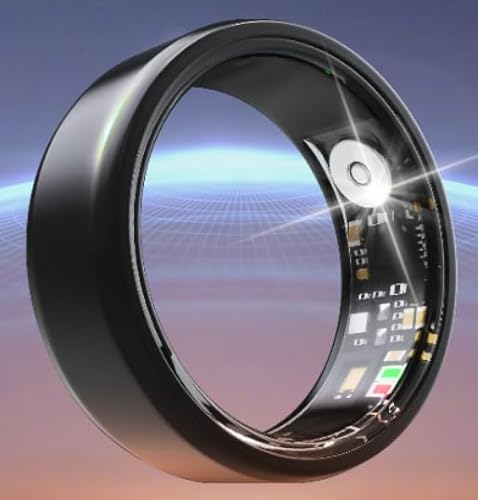Okay, so last week I reported that I had pericarditis. On Friday I had The Works: echo (NOT FUN AFTER OHS!!!!!), ecg, blood tests and chest x-ray. Then I met with my surgeon.
The good news is that the swelling around my heart is practically gone. I have a few "adhesions," which the surgeon says is perfectly normal. Of course, he said other stuff I had was "perfectly normal" until it got worse. But anyway, that part is getting better.
BUT.....
I have two problems that are apparently linked. I still have a pretty low red blood cell count, and my heart rate is too high. Low blood count = low blood volume = heart pumps faster. So mission #1 this week is to raise my hemoglobin levels. We're doing this via diet because of other medical problems I have. But then my Dad (a doctor) told me that there are such things as iron injections! I haven't looked into them; maybe they cause the same problems as iron supplements. But it sounds good to me!
The best way to lower a resting heart rate is a way that's not very practical for those of us recovering from recent OHS -- exercise. Weights are out, of course, but cardio is in -- in a baby way! But I'm trying to get some more and harder exercise into my day just in case -- maybe every little bit helps.
And I've developed a fluid problem; I was starting to feel it build around my ribs and stomach last week. Turns out it's around -- thankfully not in-- my right lung. But that's why I'm having trouble breathing easily even though my lungs are clear and my heart isn't swollen. So I'm back on a diuretic. Normally I'm supposed to take it in the morning, but I jump-started it last evening. I didn't mind getting up a few times to pee, but I had some bad nightmares! I've never heard of lasik nightmares, but I'm not taking any other new drugs. Anyway, my stomach is already flatter again and my weight is down.
The good news is that the swelling around my heart is practically gone. I have a few "adhesions," which the surgeon says is perfectly normal. Of course, he said other stuff I had was "perfectly normal" until it got worse. But anyway, that part is getting better.
BUT.....
I have two problems that are apparently linked. I still have a pretty low red blood cell count, and my heart rate is too high. Low blood count = low blood volume = heart pumps faster. So mission #1 this week is to raise my hemoglobin levels. We're doing this via diet because of other medical problems I have. But then my Dad (a doctor) told me that there are such things as iron injections! I haven't looked into them; maybe they cause the same problems as iron supplements. But it sounds good to me!
The best way to lower a resting heart rate is a way that's not very practical for those of us recovering from recent OHS -- exercise. Weights are out, of course, but cardio is in -- in a baby way! But I'm trying to get some more and harder exercise into my day just in case -- maybe every little bit helps.
And I've developed a fluid problem; I was starting to feel it build around my ribs and stomach last week. Turns out it's around -- thankfully not in-- my right lung. But that's why I'm having trouble breathing easily even though my lungs are clear and my heart isn't swollen. So I'm back on a diuretic. Normally I'm supposed to take it in the morning, but I jump-started it last evening. I didn't mind getting up a few times to pee, but I had some bad nightmares! I've never heard of lasik nightmares, but I'm not taking any other new drugs. Anyway, my stomach is already flatter again and my weight is down.






















